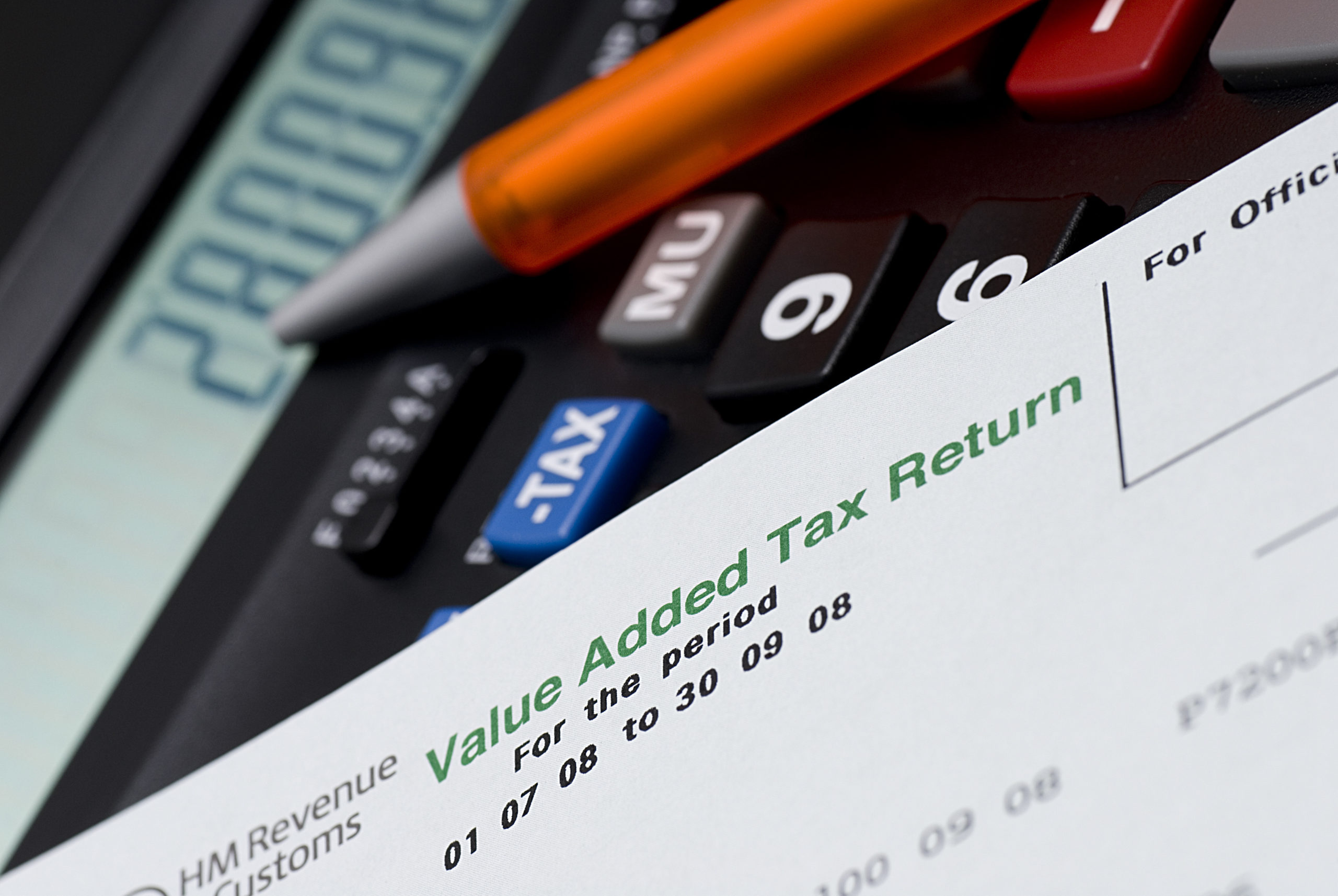The VAT threshold, the point at which you must register for VAT, has remained at £85,000 for some time despite the fact we’ve seen double digit inflation. There is now concern that this ceiling is stunting economic growth and may be forcing some business to close their doors. The main issue relates to those businesses that have taken an active decision to remain below the threshold because they fear registering for VAT would make them uncompetitive.
They have been heavily impacted by the static threshold and higher prices which have combined to squeeze their margins/profits. For some, this sandwich effect has been too much, and they are no longer able to make a sustainable living from the squeezed middle forcing them to either reduce their income, amid rising household costs too, or just stop trading altogether.
Why stay under the threshold?
For Tens of thousands of businesses, it is an active choice to stay under the threshold. There are lots of reasons why this is the case but for many it stems from a concern that charging VAT will make them uncompetitive. VAT effectively increases price by 20% and so if you have two businesses side-by-side, with one charging VAT and the other not, it creates a competitive advantage to the business with the lower prices. The example often presented are independent high street cafes. The reality is that even if they didn’t limit their own sales, they would not necessarily see exponential growth beyond the threshold, so they are not missing out on a huge volume of additional sales. However, they would become more expensive and whilst they can sell more because they are not restricted by the threshold, they may end up selling less, if customers can buy the same products a few doors down for less and go elsewhere.
Other reasons cited by business owners include the additional reporting, requirement for different systems increased cost of accountancy services and cash flow. But by deliberately limiting growth these businesses are stagnating – or even going backwards. Reduced profits mean less income for the individuals running the business and may also mean they stop recruiting – cutting off a prime source of casual work – often the bedrock of the economy and the jobs that provide access to a large number of workers that want flexible part time hours such as parents returning to work. The question now being asked is how can this sector of the economy be reinvigorated and if the VAT threshold is the problem, what should be done about it?
Should we abolish, lower, or raise the VAT Threshold?
Theres a lot of opinions about what should happen to the VAT threshold, and it’s been expected to come up in several recent budgets or Autumn statements – only to be noticeable by its absence. The simple fact is there are pros and cons of making changes to the threshold:
Raise it – Obviously raising it is the least beneficial in the long term. This option would move thousands of companies out of the VAT system and therefore reduce income to the treasury. Also, whilst it solves the current issue with stagnation, it doesn’t solve the long-term problem as you’d still end up with a stagnating upper tranche of businesses that deliberately stay under the ceiling – whatever it is.
Lower it – There’s a long-held suggestion that a threshold of £10k or something in line with the personal allowance would catch all the viable businesses whilst creating a niche for micro entities and those seeking a modest personal income to operate in an almost tax-free environment. A threshold of this order would also create a level playing field for all. Bringing most businesses into the sphere of VAT would generate £ millions in tax receipts – and this could in turn create the business case for lower VAT rates!
Abolish it -The nuclear option removes all debate and any risk of stagnation. The risk is however, that it may put some people off starting a business completely and would probably rule out micro entities – although they may continue to be catered for within the sole trader and PAYE system.
Can you split the business to avoid registering for VAT?
When you split a business to avoid registering for VAT it is called disaggregation and HMRC can perceive this to be deliberate tax avoidance, which carries penalties and could see them treating all the individual businesses as a single entity and taxing them all equally. However, there are legitimate situations whereby disaggregation is acceptable and appropriate, but you need to be sure before taking that decision. You can read more on this in an article from March 2023.
